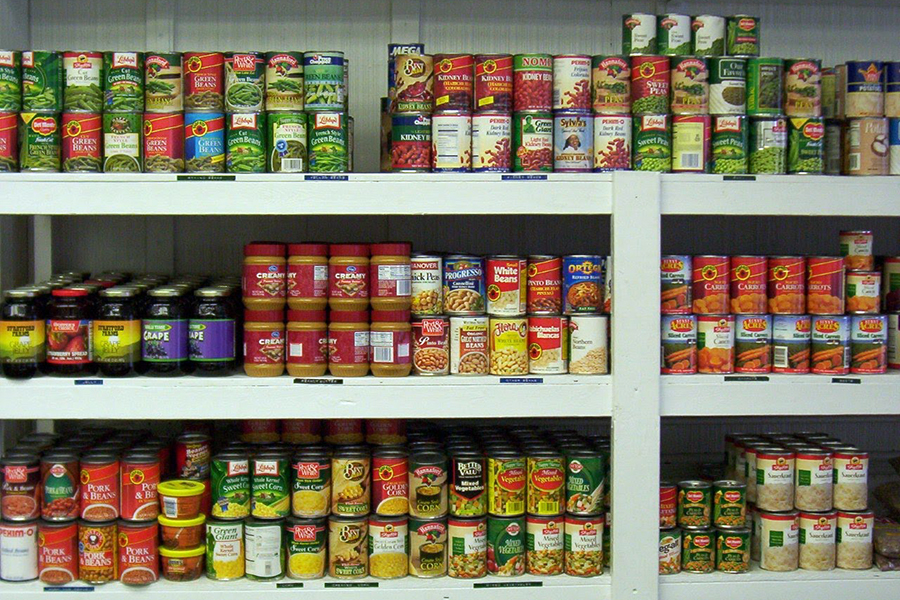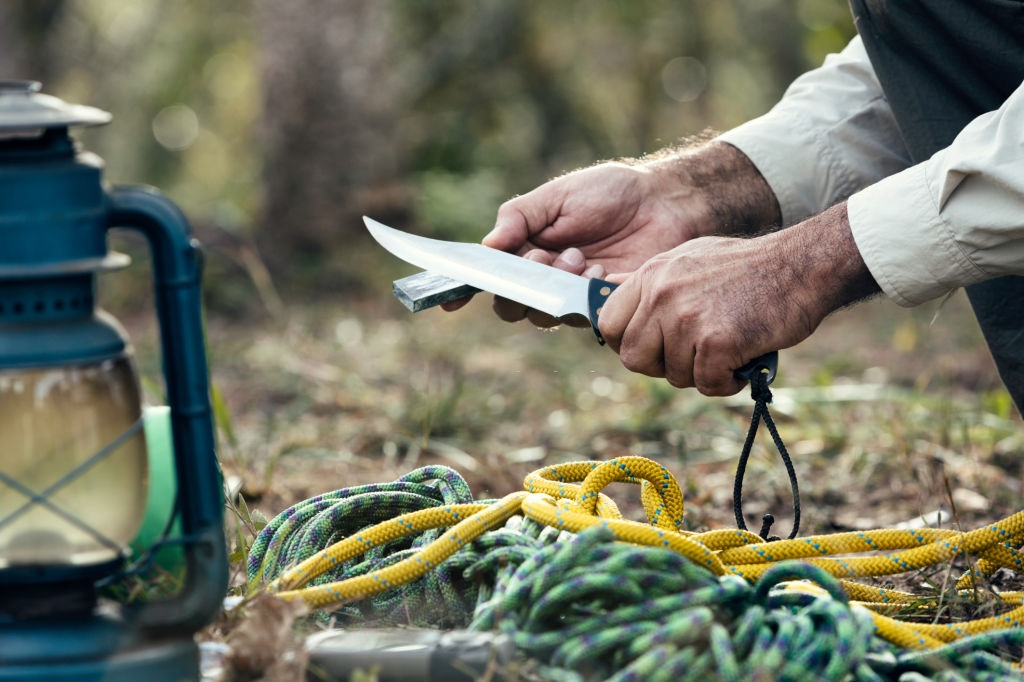Building Off The Grid – Check out These Amazing Off-Grid Survivalism Tips & Guidelines
Building Off the Grid
Living off-grid is a system and lifestyle choice that eliminates, or minimizes, the need for remote infrastructure. An off-grid home aims to achieve autonomy without relying on electrical power grids, municipal water supplies, and other utility services by producing their own supplies via wind generator, for example, and producing food. If you are careful with your internet usage and keep your profile low and completely private, you can go under the radar for years. Locking down your laptop is a wise move anyway with cases of identity theft and fraud increasing.
In North America, living off the grid is not illegal, even if you’ve built an off grid property, as long as where you chose to build is outside any country ordinances, or complies with any city and zoning restrictions. These restrictions can refer to lot size, power or water supply, septic system, or livestock and so on. It’s important to check all of these points out before taking your plans any further.
Many rural areas have communities of off-gridders, which although seems like a paradox, actually works very well for some. For example, deep in the Oregon heartland, an off-grid community has sprung up and comprizes of some 650 homesteaders. The vast majority of these communities have an eco friendly ethos, more than a drive for survivalism per se. However, the outcome is the same – living away from so-called civilisation, without reliance on utility services, or remote infrastructure.
Considerations for off-grid survivalism
There are a couple of things to consider when deciding if an area is suitable for off-griding:
- In a SHTF scenario, being near major cities and towns is bad news
- Check out the area for a history of flooding, hurricanes and other natural disasters
- Learn about nuclear fallout drift and how it will affect the area
- You’ll need a reliable, easily accessible water source
- The land needs to lend itself to the lifestyle. It’ll have to support crop growth, livestock grazing, and should have a climate that allows you to use the resources all year round.
What to aim for
Cabin
The ultimate in off-grid living, a cabin allows a permanent system to be built, such as solar panels, a water system, fenced in areas for livestock and so on. Off-grid living can be a process of discovering what you need next, and building it. With the capacity to protect you and your family from the cold of winter, it also offers privacy, safe storage facilities and a sense of permanence in an ever changing world.
Trailer or RV
Saving you the financial outlay of cabin life, a trailer or RV can be a good solution for an off-gridder.
Whether you have a towable trailer or standalone motorhome, both have their pros and cons. A trailer allows you to drop it off anywhere, and still have a vehicle to use, whereas with a motorhome, everything comes with you. Being mobile has its benefits, especially in a EOTWAWKI situation – you may need to get out of Dodge in a rush and head out. However, once you’ve got where you are going, if you still want to remain mobile, the effort of building permanent system is pointless.
Fuel is also a factor in your mobility, and how much gas the tank can hold.
Whichever option you favor, however, they lack the durability of a cabin, and certainly trailers aren’t designed to be lived in all year round. In order to create a lightweight towable trailer, certain components may have been omitted in the build, such as insulation and full weatherproofing.
Generating your own electricity
There are several options here, depending on where you are – is it windy, or gets plenty of sun? And how much you need to generate.
- Solar panels – these are the easiest way to power your home
- Windmill – these make a great supplement to a solar system, but are unlikely to produce the power you’ll need by themselves
- Generators – requiring gas, propane or diesel to run, a generator will tide you over in an emergency, and it’s a good idea to have one on standby
Living off-grid is hard, especially at the start, but the freedom and survival potential that comes with this way of life makes the effort well worth it, and allows you and your family to create the lifestyle most of us long for.
This video offers a guide as to whether going off grid is encouraged in your particular state:





